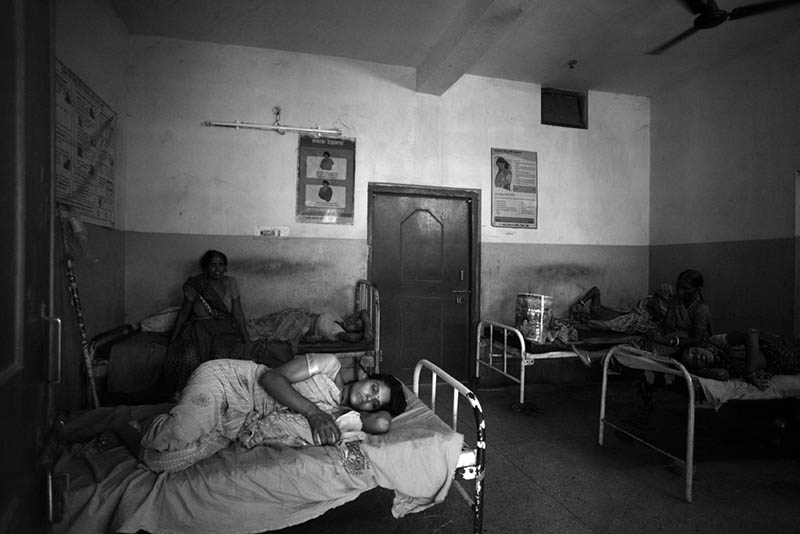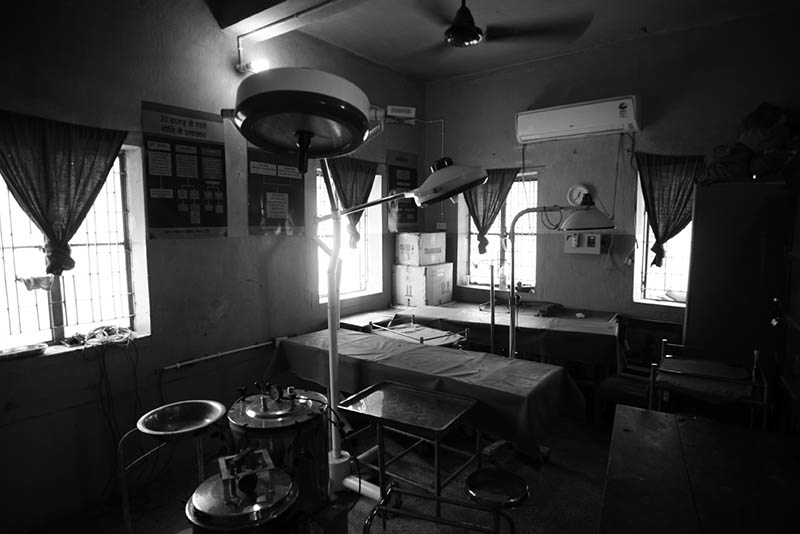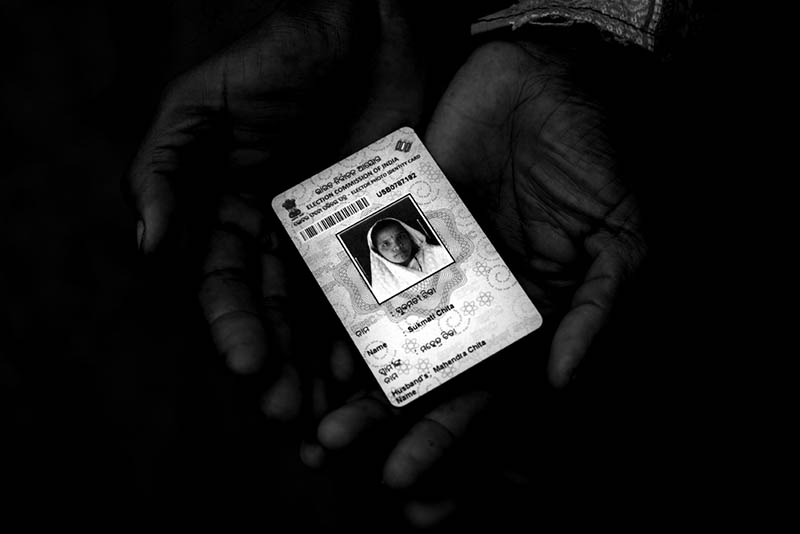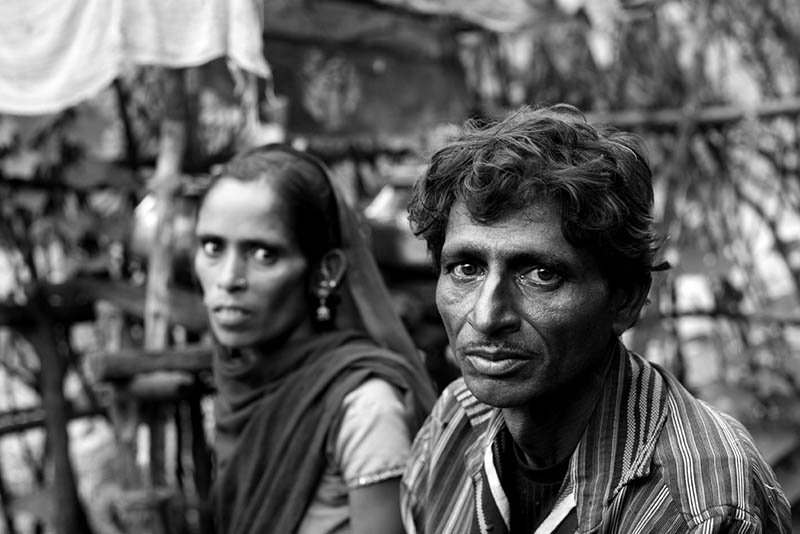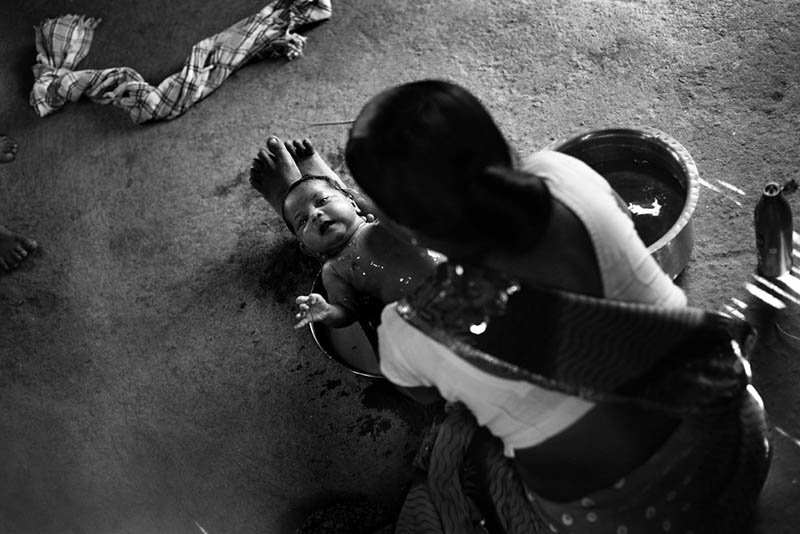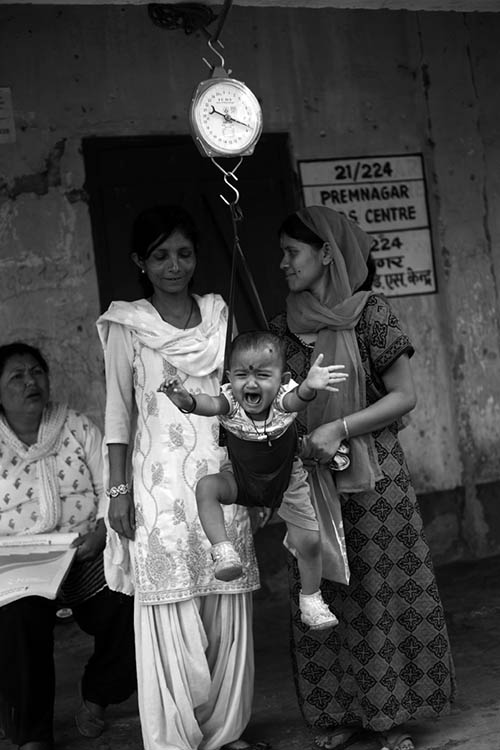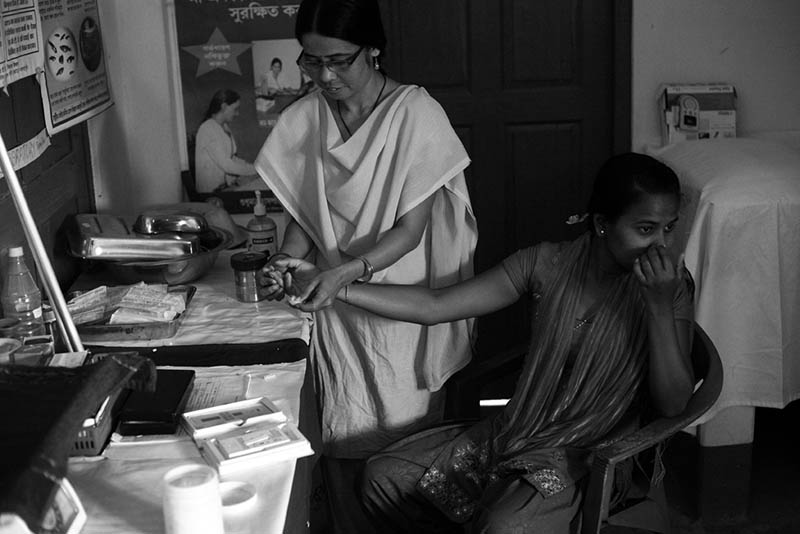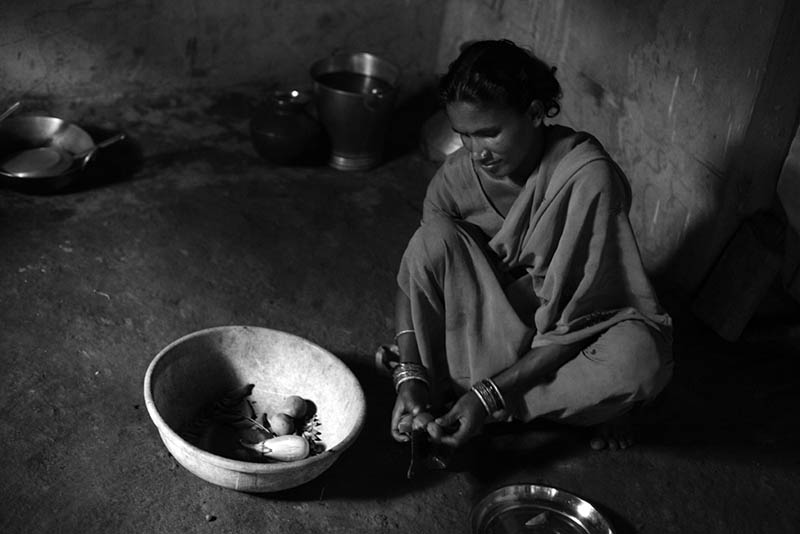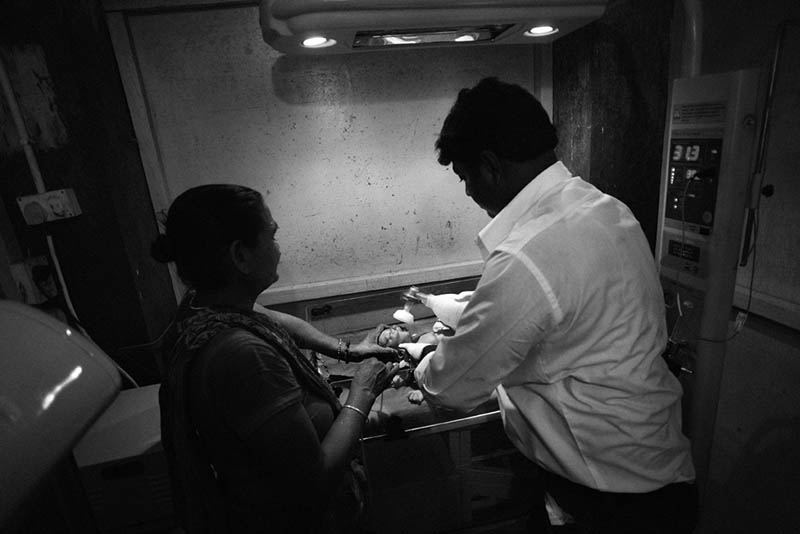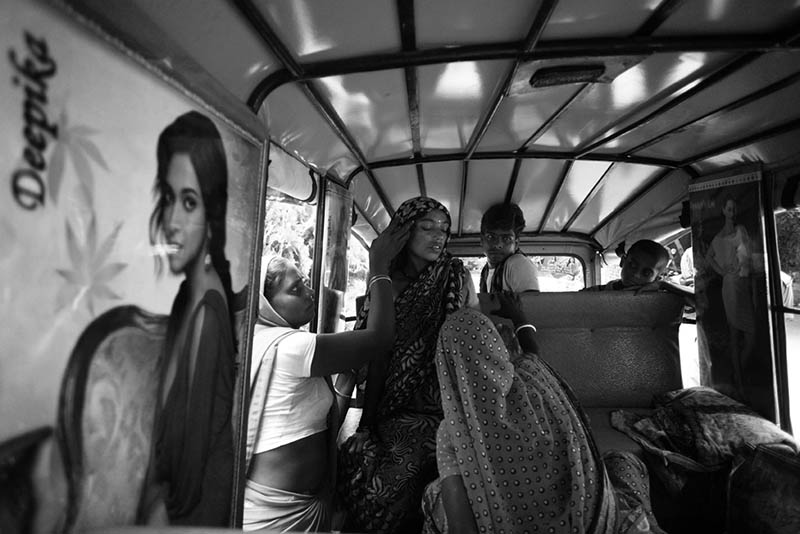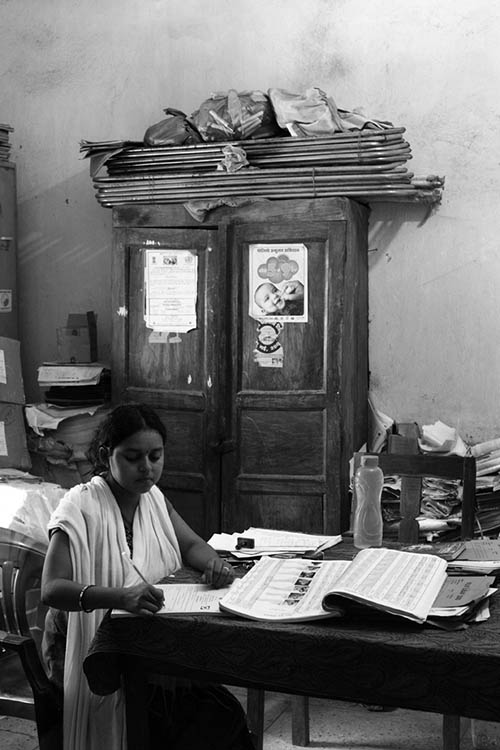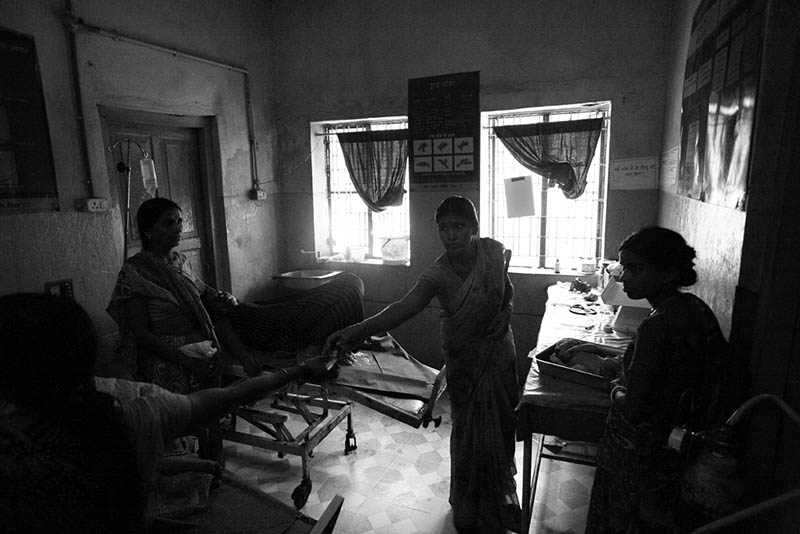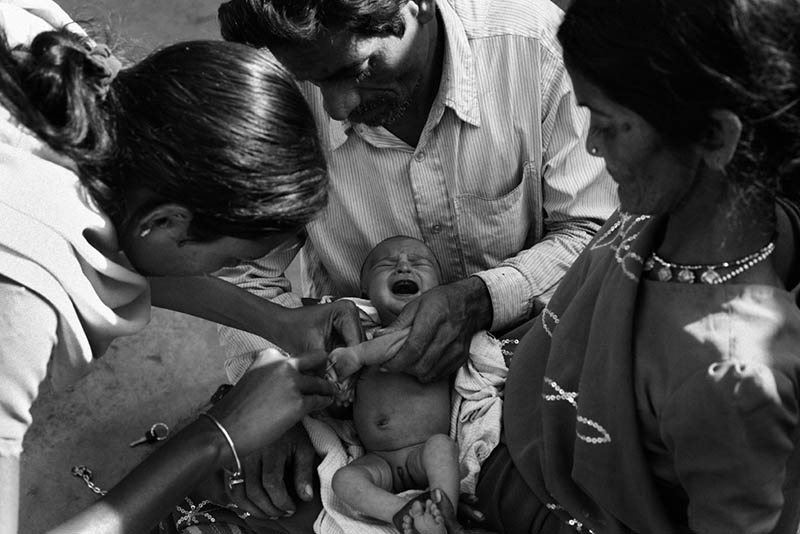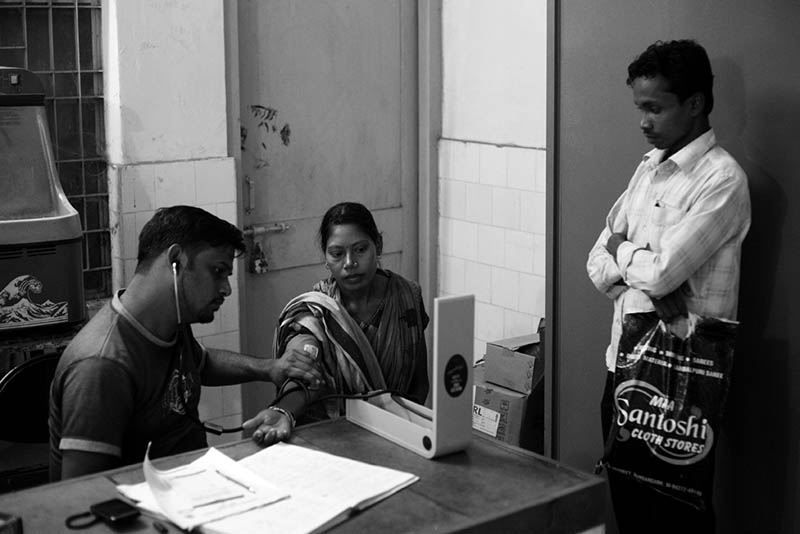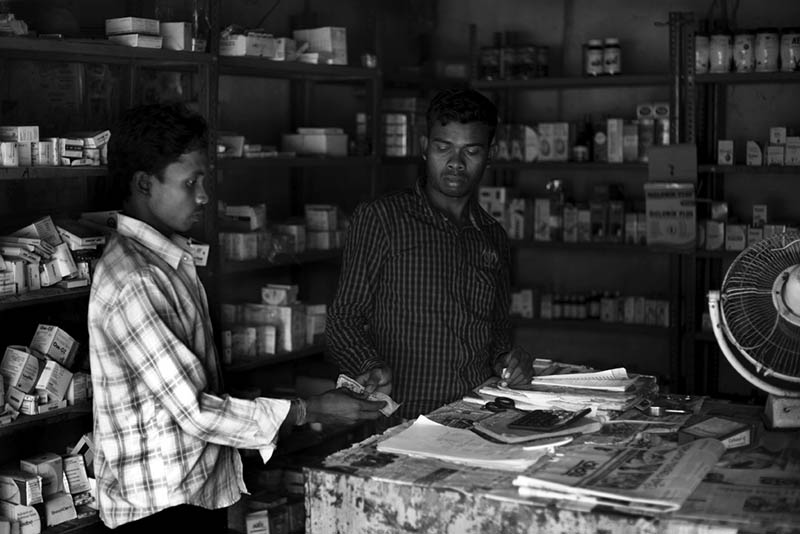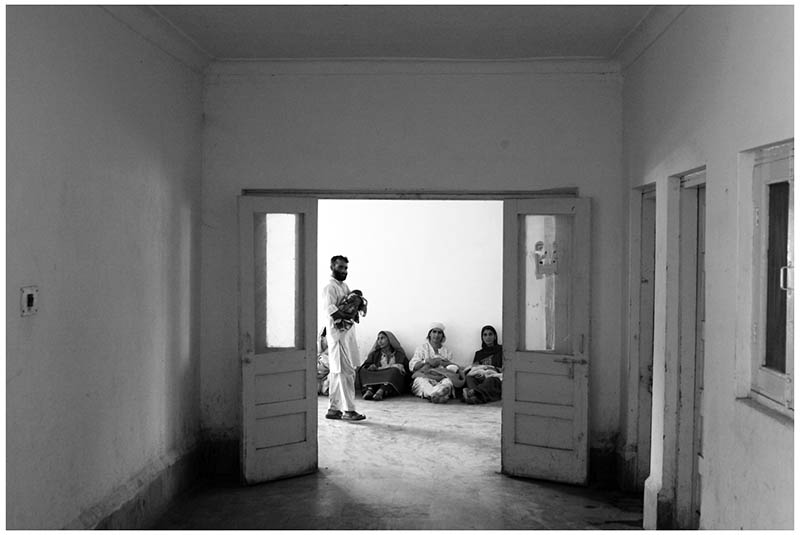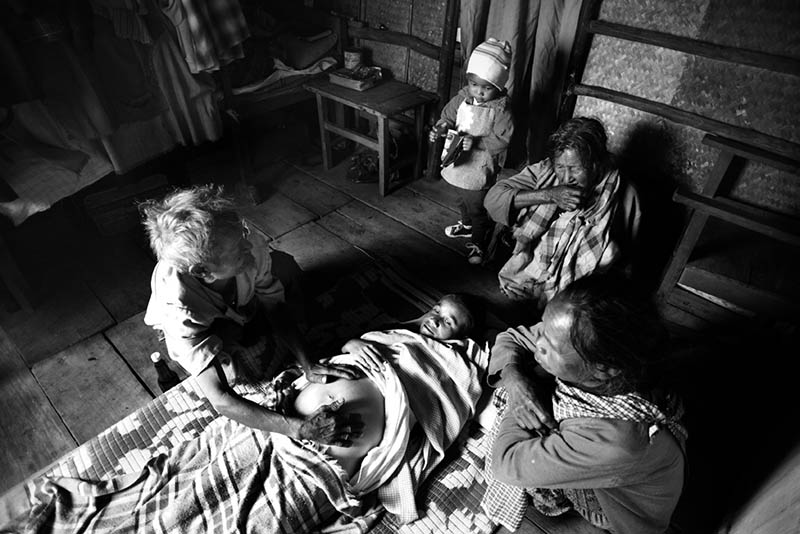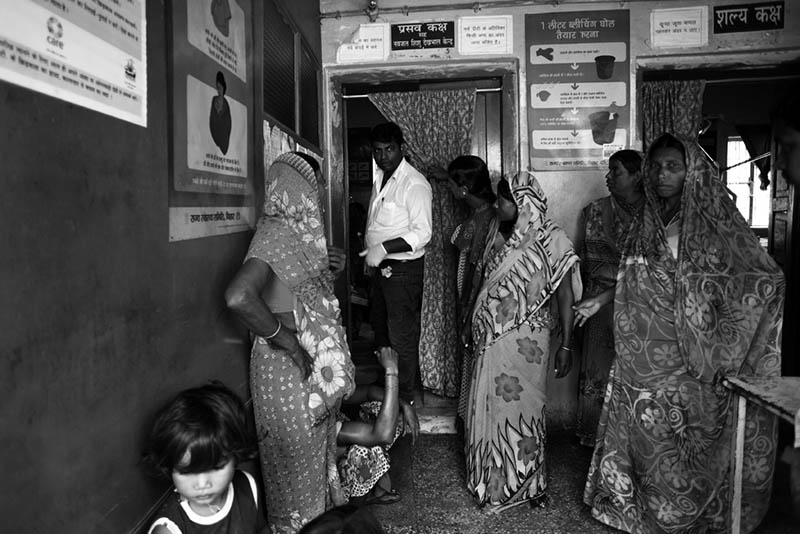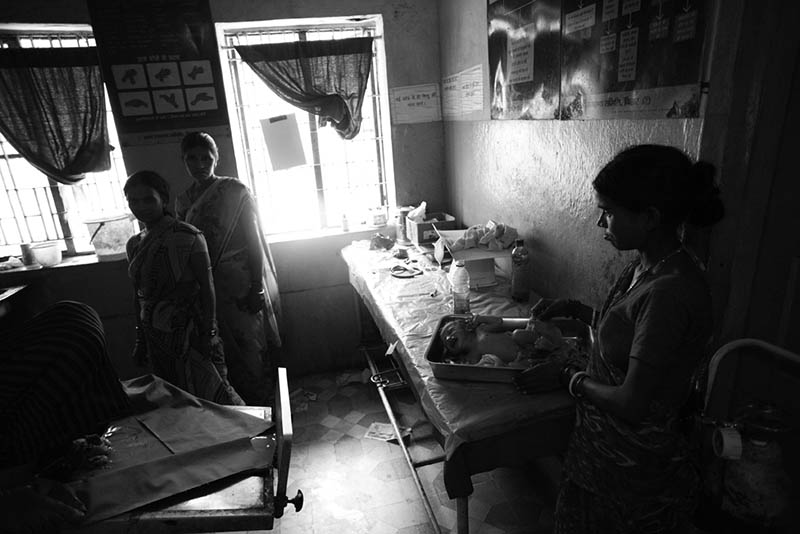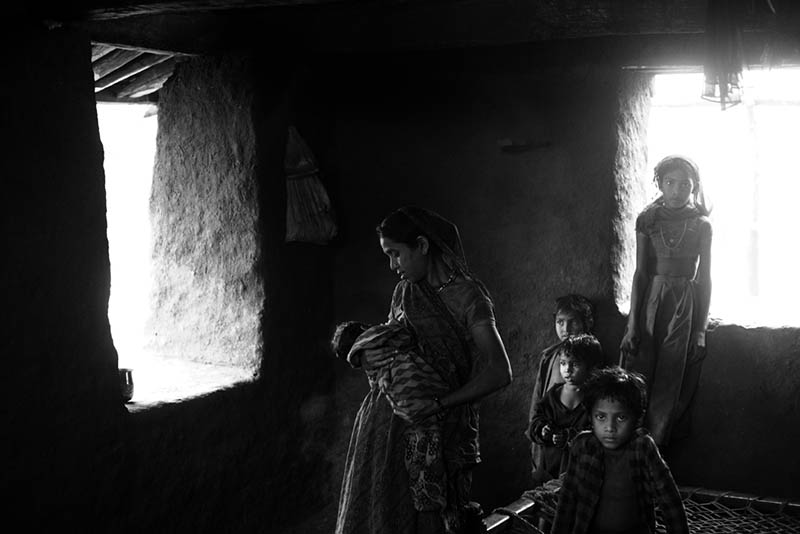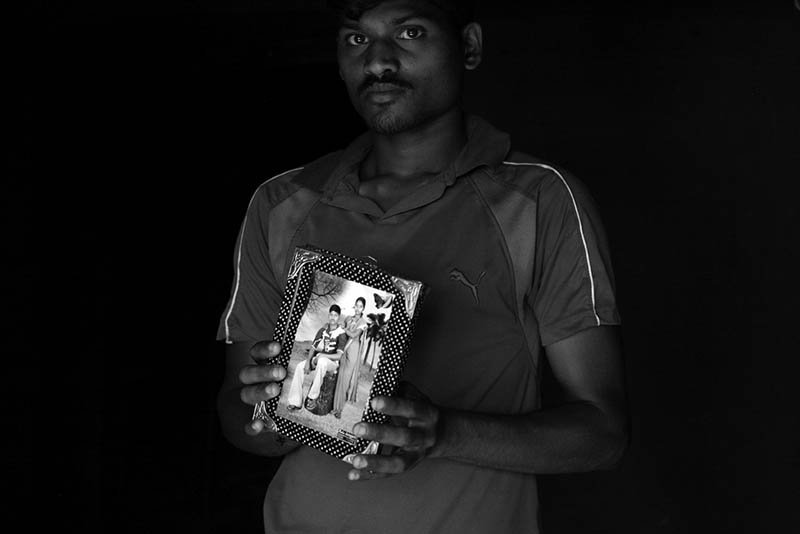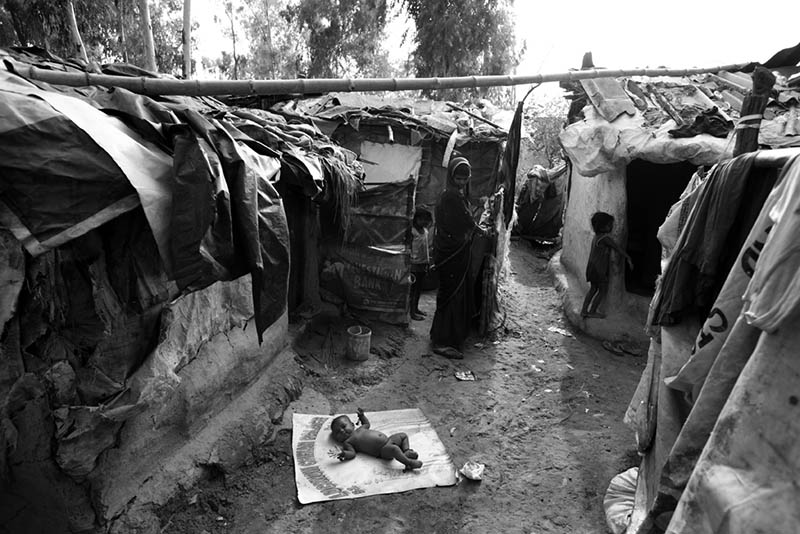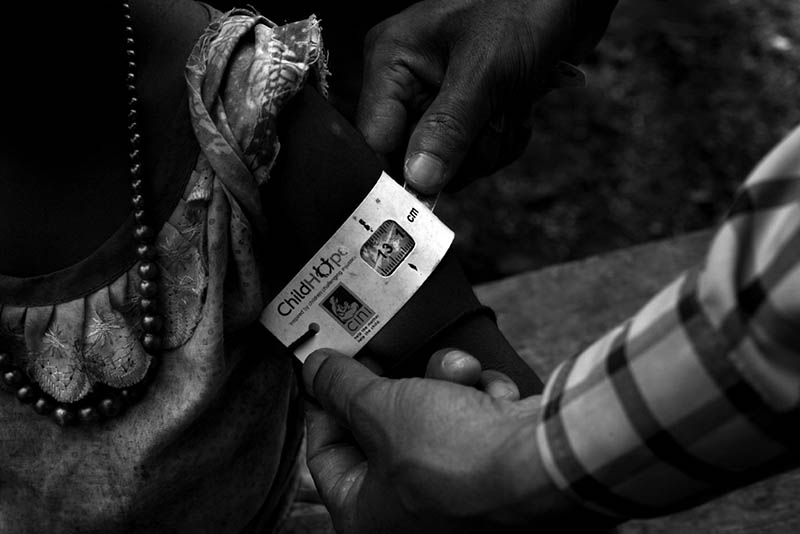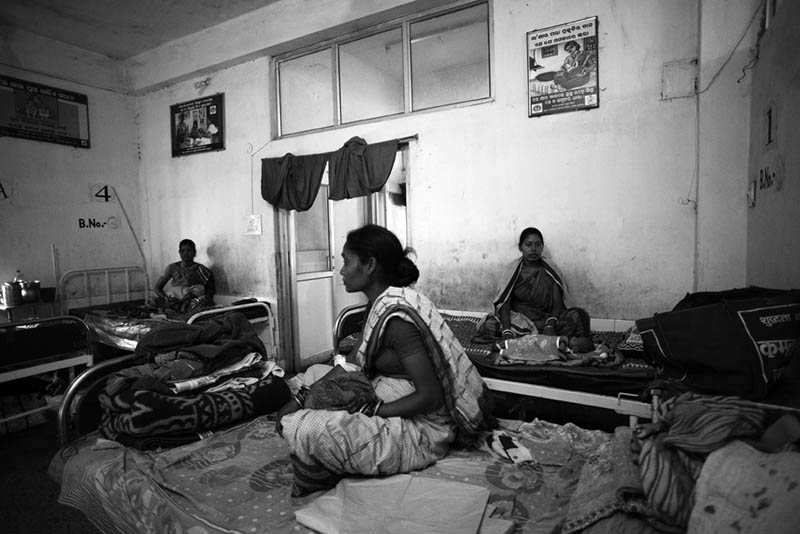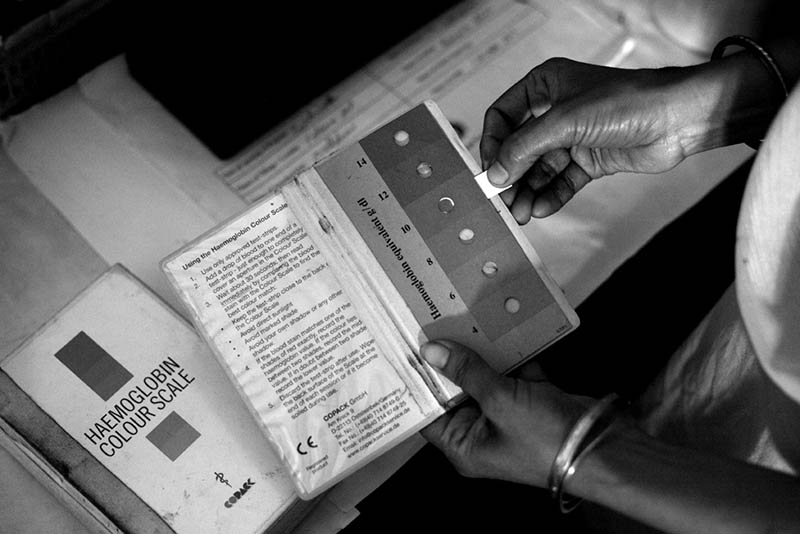Maternal Health in Rural India
India accounts for the maximum number of maternal deaths in the world — 17 per cent or nearly 50,000 of the 2.89-lakh women died as a result of complications due to pregnancy or childbearing in 2013, stated in the UN report.
India also had the highest number of under-five deaths in the world in 2012, with 1.4 million children dying before reaching their fifth birthday, of which 7,48,000 die within the first month of their life. This means that more than 2,000 newborn die each day in India.
Failed public health system, illiteracy, social issues, corruption and Child marriage are the main factors that lead to high maternal and infant deaths.
Even though India has made efforts to improve maternal health by Introducing Janani Suraksha Yojana. JSY is a scheme proposed by the Government of India. It was launched on April, 12 2005 by the Prime Minister of India. It aims to decrease the neo-natal and maternal deaths happening in the country. JSY is a 100% centrally sponsored scheme and it integrates cash assistance with delivery and post-delivery care. It is an accredited social health activist as a link between the Government and the poor pregnant women to encourage institutional deliveries among the poor women.
Most of these deaths were preventable. The highest death rates are due to various reasons, including lack of doctors or nurses in hospitals, unavailable family planning, delayed or inappropriate obstetric emergency care, gaps in antenatal and post-partum care, delay in emergency transport, lack of abortion services, hygiene and prevalence of anemia as well as corruption.
In spite of several government programs, there is a great gap in accountability and governance and most of the programs have been implemented poorly and often don’t reach villages.

